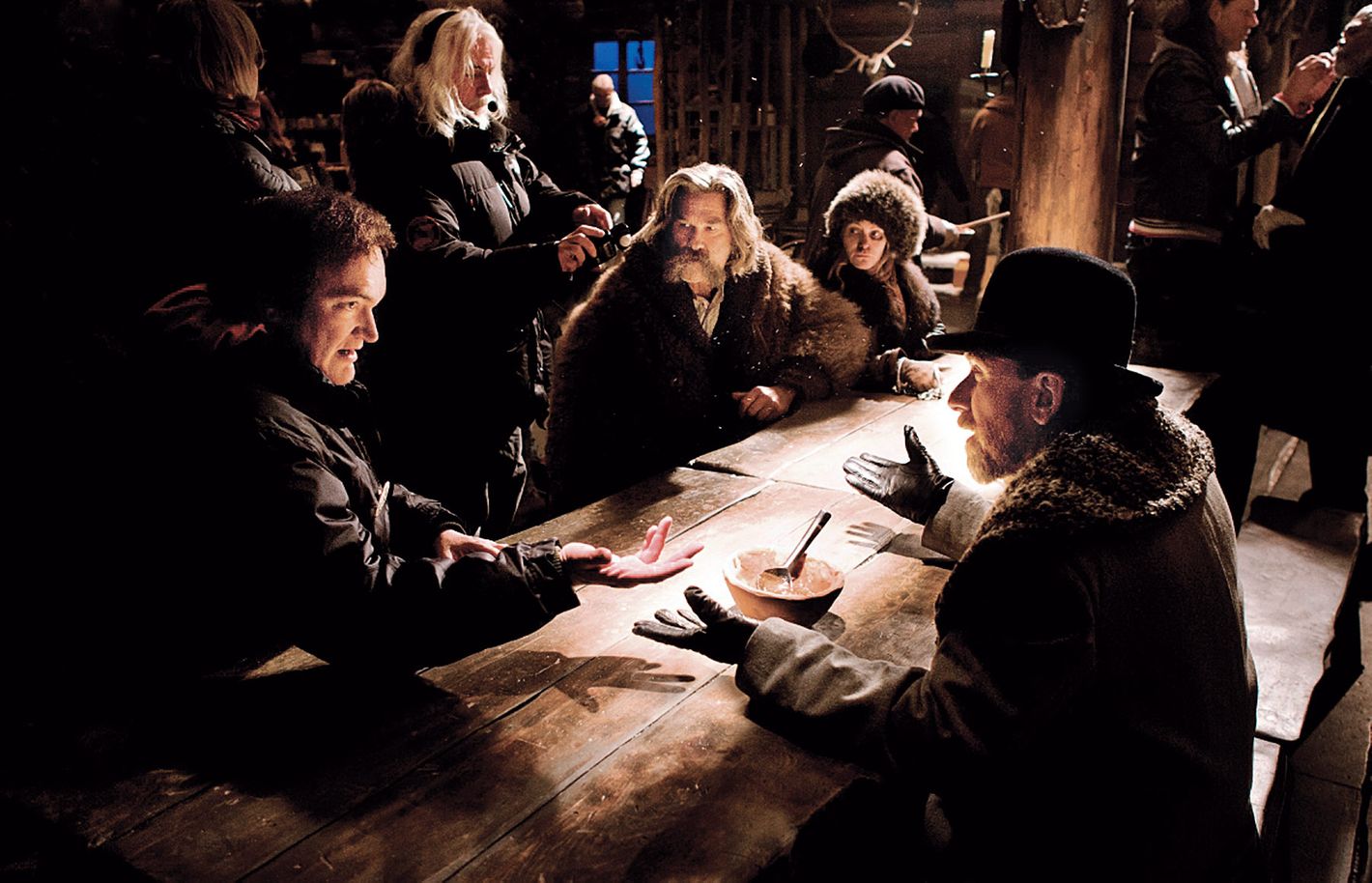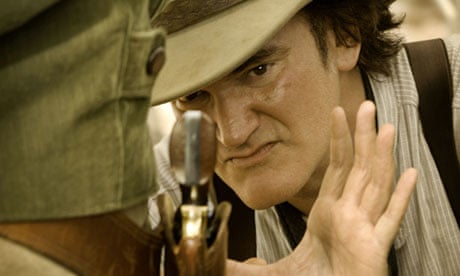Quentin Tarantino
10.png)
Quentin Tarantino
Written By Gaurav Dutta
Quentin Tarantino effectively takes the title of a definitive filmlovers film producer. When "Pulp Fiction," his follow-up to 1992's "Reservoir Dogs," debuted at the Sundance Film Festival, there was one thing that was certain, “I like this guy”. Film enthusiasts found Tarantino's fearlessness refreshing. After all, Hollywood's New Wave movement at the end of the 1970s resulted in a decade of overstuffed franchises.
Known for his brand name over-the-top brutality, nonlinear narrating, and executioner soundtracks, the significant thing that sets the "Jackie Brown" movie producer separated from his peers is the sheer volume of praises to auteurs before him. Anyone who is a fervent Quentinophile will tell you that the film script writer and film director used to work as a store clerk at Video Archives in Manhattan Beach, California, where he was well-liked for his comprehensive knowledge of almost every film. As his visual and thematic nods serve as phenomenal starting points for deep dives into cult films, classic movies, and foreign cinema, Tarantino is the reason people began studying film history and old genre movies.
Genre films are in Tarantino's back catalog, and he does a pretty good job of keeping certain genres alive. Tarantino provided some insight into the reason he adheres to such strict thematic categories in his 2022 book, "Cinema Speculation." He explains that in his case, he simply makes genre films because he adores genre films and is eager to let his obsessions shine through. He notes that film directors prior to his time made genre films because they were forced to do so by the studios that hired them. Whether you're a self-declared film enthusiast or simply hoping to get into some faction works of art, his flicks act as a realistic habit-forming substance, and there's dependably space for another fix. I currently consider Wong Kar-wai my #1 producer on account of Tarantino, whom I once heard wax expressive about the Hong Kong-based auteur.

While watching Quentin Tarantino's films, you'll see that he leans toward three explicit shots all used to convey various feelings without exchange. The first is his striking wide shot, which he got from watching old spaghetti westerns, especially "The Hateful Eight." These area camera shots are unquestionably capturing, quickly advising the watcher regarding this brutal climate. Although these wide camera shots appear intimidating, Tarantino believes that they are very personal. He told Becker Films, "It takes you inside the people's space."

Next is the super close-up shot, which is an immediate motivation from Sergio Leone's Westerns. These close-up shots, like Uma Thurman wiggling her big toe in "Kill Bill Vol. 1," draw attention to a specific aspect of the scene in contrast to the wide shot." A variety of this super close-up is the accident zoom, which adds an elevated quality of uneasiness. When Leonardo DiCaprio plays the wicked Calvin Candie in "Django Unchained," Tarantino uses this crash zoom to show us right away that he is the most important person in the room.

Last but not least, the extended tracking shot dramatically intensifies the tension. “Pulp Fiction," a scene of Bruce Willis' Butch sneak back into his motel room to retrieve his valuable gold watch. He pussyfoots towards the building and is followed by a lengthy one-shot. After all, Tarantino doesn't have to say that he's on the run from criminals. Instead, this extended tracking shot filled me with fear.
"Once Upon a Time... in Hollywood," Quentin Tarantino's ninth feature film, has received a lot of praise. "Once Upon a Time in Hollywood" is set after the finish of Hollywood's brilliant age. Rick Dalton (Leonardo DiCaprio) is the ideal portrayal of an Old Hollywood entertainer whose star is disappearing during this gigantic social shift, while the imaginary adaptation of Sharon Tate (Margot Robbie) is an ethereal, juvenile famous film actor. With these two characters, Tarantino lets us know what was happening in Tinseltown during this period. "He told Esquire that 1969 "is the year that formed me". This is where I live. Additionally, this is my love letter to Los Angeles.
Gaurav Dutta is a B.com graduate from Kolkata, schooling from St. Joseph’s College having a passion for writing since childhood. On the other hand, he also excels in the career of accounting and finance. A writer by his own choice, and aims to make a mark in the gaming industry through his coding abilities.


